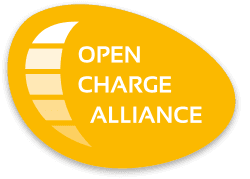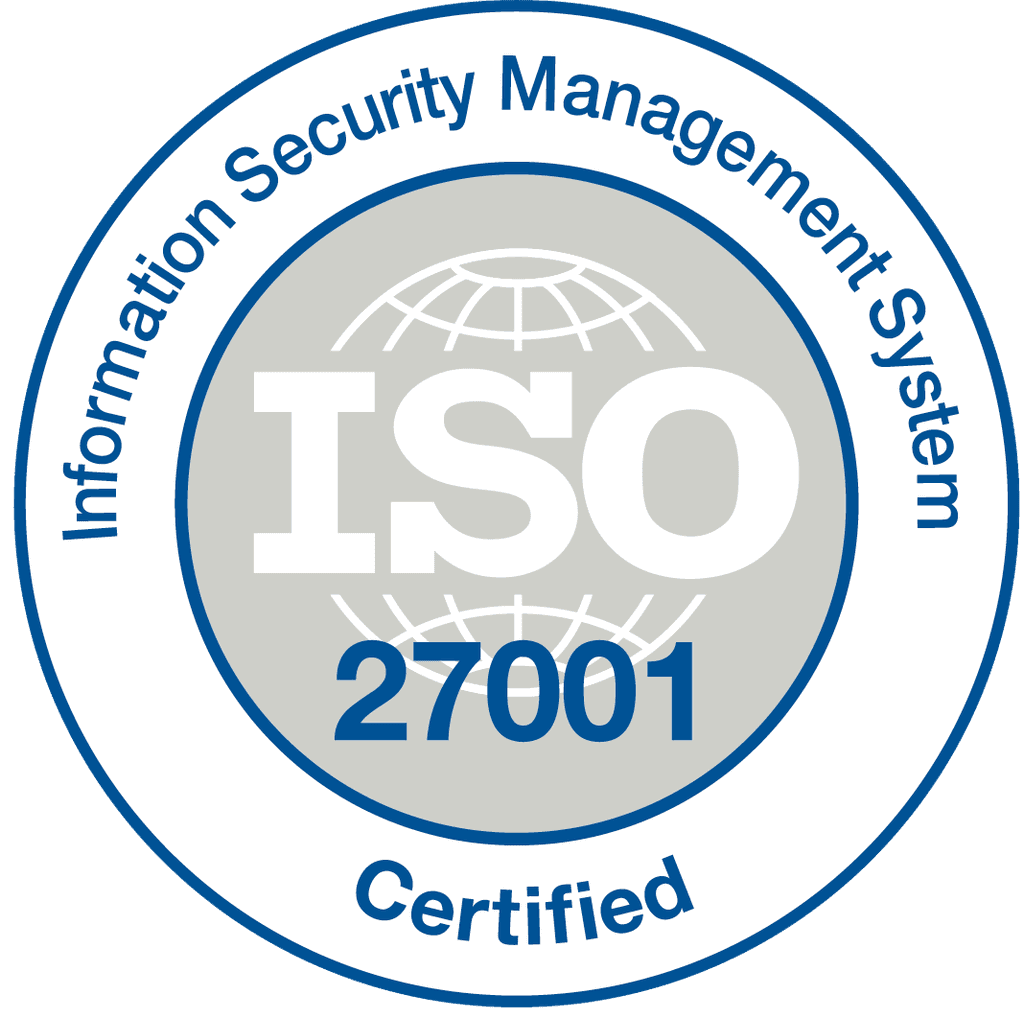
Bart in 't Veld
24 Oct 2024
The Limitations of OCPP 1.6
OCPP 1.6 has served the EV charging community well for several years, offering a stable framework that allows charge point operators (CPOs) to manage their networks. Yet, as the EV market expands and charging needs become more complex, OCPP 1.6 is beginning to show its limitations. Some of the primary constraints include:
Limited Offline Transaction Capabilities
OCPP 1.6 relies heavily on constant internet connectivity for many of its functions, including initiating transactions. In regions with inconsistent network coverage, this can lead to interruptions in service, lost revenue, and frustrated customers. Offline transactions are becoming increasingly critical, especially as charging networks expand into more remote areas.
No Full Support for ISO 15118 and Plug & Charge
One of the biggest drawbacks of OCPP 1.6 is its limited integration with ISO 15118, the standard that enables Plug & Charge functionality. This feature allows EVs to communicate with the charging station automatically, eliminating the need for RFID cards or mobile apps. Without full ISO 15118 support, operators using OCPP 1.6 are unable to offer the seamless, user-friendly experience that drivers increasingly expect.
Lack of Transparency in Pricing
In today’s charging environment, users expect clear visibility of pricing before, during, and after a charging session. OCPP 1.6 does not fully support the display of real-time tariffs and session costs, which can erode user trust and lead to lower station utilization.
Manual Troubleshooting and Non-Standardized Commands
When issues arise, operators often face challenges due to non-standardized troubleshooting commands within OCPP 1.6. This can increase the time and cost associated with maintenance, as staff must manually diagnose and resolve problems.
Restricted Data Communication and Smart Charging
While OCPP 1.6 can handle basic charging data, it lacks the ability to support more advanced functions like dynamic load balancing and energy management. As smart charging becomes a critical feature for optimizing grid usage and reducing operational costs, these limitations hinder operators from fully maximizing their infrastructure.
Weaker Security Protocols
In a world where cybersecurity is a growing concern, OCPP 1.6’s security measures are not robust enough to meet the evolving threats. The need for enhanced encryption and secure communication is becoming more urgent as the number of connected devices in charging networks continues to increase.
Why OCPP 2.0.1 is the Future of EV Charging
OCPP 2.0.1 is designed to address these limitations and offer a range of advanced features that are crucial for the modern EV ecosystem. Here’s why the transition to OCPP 2.0.1 is becoming essential:
Seamless Offline Functionality
OCPP 2.0.1 allows for the initiation and continuation of charging sessions even when offline. This capability ensures that charging services remain available in areas with unstable connectivity, reducing downtime and lost revenue for operators.
Full Support for ISO 15118 and Plug & Charge
OCPP 2.0.1 integrates fully with ISO 15118, enabling Plug & Charge capabilities. This allows drivers to simply plug in their vehicles and start charging without additional authentication steps, greatly enhancing user convenience and satisfaction. For operators, this means staying competitive in an industry where seamless user experiences are quickly becoming the norm.
Transparent Pricing and Tariff Management
With OCPP 2.0.1, operators can provide real-time visibility of charging costs throughout the entire charging session. This transparency builds trust with users and can lead to increased station utilization as drivers feel more confident in their charging decisions.
Improved Device Management and Diagnostics
OCPP 2.0.1 introduces standardized communication protocols for diagnostics and device management. This enables operators to remotely monitor and troubleshoot their charging stations with greater ease and efficiency, reducing downtime and maintenance costs. Additionally, enhanced data-sharing capabilities allow for better load balancing and energy optimization, crucial for managing larger and more complex charging networks.
Enhanced Smart Charging Features
OCPP 2.0.1 supports advanced smart charging features such as dynamic load management, which allows operators to optimize energy distribution across multiple stations based on real-time demand. This not only improves grid efficiency but also helps operators manage peak energy costs and reduce overall operational expenses.
Stronger Security Measures
Security is at the forefront of OCPP 2.0.1, with improved encryption and more secure communication protocols. This upgrade provides a stronger defense against unauthorized access and potential cyber threats, ensuring that both operators and users are protected in an increasingly connected world.
The Inevitable Transition: Future-Proofing Your Infrastructure
As the EV market continues to expand, the transition from OCPP 1.6 to OCPP 2.0.1 is becoming more than just a competitive advantage—it’s a necessity. Charging station manufacturers worldwide, particularly in major production hubs like China, are moving toward OCPP 2.0.1 compliance. This shift is driving the industry toward a new standard, and operators that remain on OCPP 1.6 risk facing compatibility issues as newer stations and vehicles are built with OCPP 2.0.1 functionality in mind.
Additionally, as governments and regulators push for more stringent security and interoperability standards, OCPP 2.0.1 is expected to become the benchmark for compliance in many regions. Operators that upgrade now will not only be better positioned to meet these requirements but will also gain access to the latest smart charging and energy management features that are critical for long-term success.
How Infuse Can Help
At Infuse, we specialize in helping businesses navigate the complexities of transitioning from OCPP 1.6 to OCPP 2.0.1. With deep expertise in the development of both OCPP and OCPI standards, we offer bespoke migration services that minimize disruption and ensure a smooth transition. Whether you are upgrading a small network or managing a large-scale operation, our team provides the tools and support needed to future-proof your charging infrastructure and unlock the full potential of OCPP 2.0.1.
By upgrading to OCPP 2.0.1, you are not just keeping pace with the industry—you’re positioning yourself for future growth and innovation in the rapidly expanding EV market.










